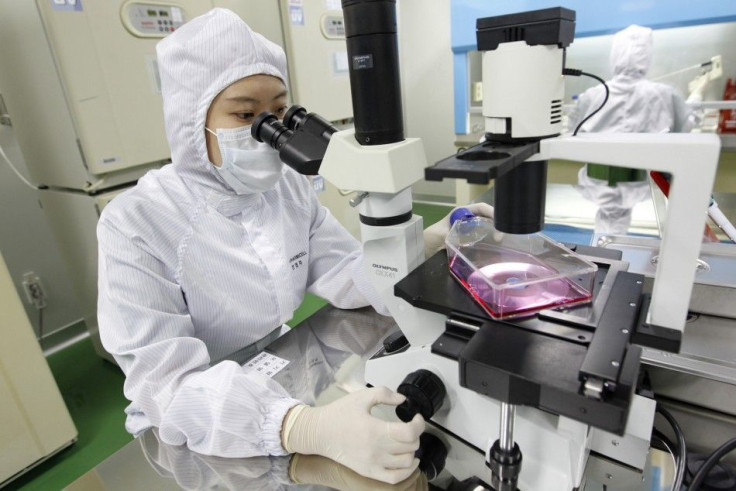New Strain of Gonorrhea Completely Resistant to Antibiotics

Move over Herpes; there is a new untreatable sexually transmitted disease in town.
Researchers have discovered a new strain of gonorrhea in Japan that is resistant to antibiotics, a possible precursor to a global health scare.
Typically gonorrhea is treated by cephalosporins, which is currently the only effective tool to treat gonorrhea, but the new strain Neisseria gonorrhoeae, has genetically mutated to resist the cephalosporins.
This is both an alarming and a predictable discovery, lead researcher Magnus Unemo, professor at the Swedish Reference Laboratory for Pathogenic Neisseria in Örebro, Sweden, said in a statement. Since antibiotics became the standard treatment for gonorrhea in the 1940s, this bacterium has shown a remarkable capacity to develop resistance mechanisms to all drugs introduced to control it.
This news comes a week after the Center for Disease Control admitted concerns about cephalosporins' ability to combat gonorrhea. The CDC had noticed increased resistance from West Coast states, most notably Hawaii and California.
The CDC however hoped that it still had a few years to test other methods before gonorrhea became completely resistant to cephlaosporins.
We do fear that based on what we are hearing around the world, we will see cephalosporin-resistant gonorrhea, CDC Director of STD Prevention Gail Bolan, MD told WebMD last week. We don't know when this is going to happen, but the hope is that we have a few years to identify other treatments.
One of the major fears is that not only will the strain continue to evolve but also that it can be easily spread. Gonorrhea is one of the most common STDs in the United States with up to 700,000 new cases reported each year. Such a commonplace STD poses a lot of health problems, especially if it forces newer, cost prohibitive methods of treatment.
Gonorrhea can cause infertility in men and women as well as burning sensations, discharges, and in some extreme cases, death.
Gonorrhea resisted antibiotics over the years
This isn't the first time that a strain of gonorrhea has resisted the conventional antibiotic methods of the time. Initially doctors used sulfa drugs and penicillin to combat the disease known as the clap, but over time the strain evolved and resisted the drugs.
Each time doctors had to find a new drug to combat the disease and had success each time. After pencillin became outdated, doctors used ciprofloxacin and fluroquinolones to battle the story.
Similar to what has occurred in Japan, the first reported issues of resistance to fluroquinolones came from Asia and the Western United States.
We were concerned about this 20 years ago and combated that very effectively, Dr. William Schaffner, chair of preventive medicine the Vanderbilt University Medical Center, told ABC News. But if you have a strain that's completely resistant to antibiotics, you have to very quickly develop strategies to recognize the resistant strain and alternative treatment regimens.
Companies need to be motivated to find a cure
With news of an antibiotic resistant strain of gonorrhea starting to spread, Schaffner hopes it helps to motivate antibiotic makers to work hard to develop a new drug. With research cuts across the board, Schaffner is afraid that pharmaceutical companies will focus more on what has been working versus exploring the making of new antibiotics.
We need to implement a program so that pharmaceutical companies are motivated financially to pursue research in developing antibiotics, Schaffner said. And both the public and professional have to be much more rigorous in their expectations and use of antibiotics.
© Copyright IBTimes 2024. All rights reserved.





















